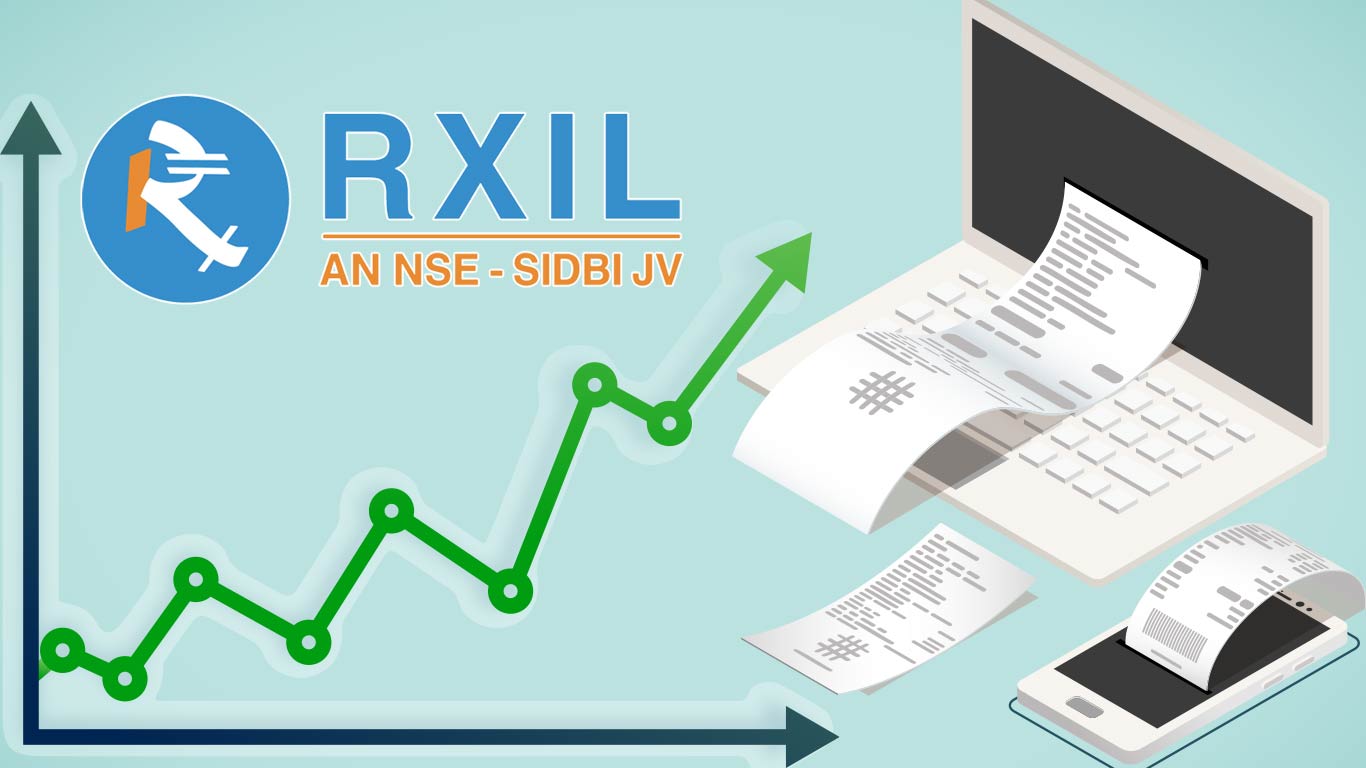Surging NPAs within MSME sector – who is responsible??
Updated: Feb 03, 2017 08:31:05am

Surging NPAs within MSME sector – who is responsible??
New Delhi, Feb 3 (KNN) The Economic Survey 2017 has brought out, may be inadvertently, a glaring glitch in the MSME credit policy of RBI.
The survey mentions that since the second half of the year 2016, four – fifth of the increase in NPA came from mid-size Companies and MSMEs.
While the breakup of the increase has not been given, it may be safely being taken that a significant share of the increase in bad loan were from MSMEs.
So, what suddenly went wrong, why the MSMEs who were ‘by and large continued to service their loans’ suddenly defaulted??
While the Economic Survey did not venture to find the reason, it is well known to the MSMEs.
Almost during the same time the RBI under the leadership of Mr. Raghuram Rajan, the previous Governor introduced the SMA classification of MSME loans.
The term, draconian to the MSME borrowers, expands to ‘Special Mention Accounts’ (SMA).
It is innocuously defined in the guidelines issued by RBI, as MSME accounts which faltered in repayment for more than 30 days onwards.
While the letters were very humble, such MSME accounts should be monitored by the Banks closely and remedial measures started before they become really sick.
However, the spirit reached the Banks quite differently.
Bitten by the huge surge in non - performing assets of the colourful Birds of the corporate sector, Banks pressed the panic button.
All SMA accounts were stopped from taking additional credit limits and were asked to provide double or more value of collaterals to cover the risk.
MSMEs were already been stressed by the default in payment of supplies made by the large buyers, including PSUs and the severe recession in traditional exports.
The SMA rating served really double whammy to the sector with severe credit shortage and fall of revenue.
The phenomenon has been accepted, indirectly, in the economic survey of the Government which mentions that in the recent period the growth in MSME credit turned negative.
When the MSMEs really needed additional credit at the softer terms to overcome the vagaries of the market, the SMA rating raised the red flag to the Banks.
It is heartening to know the Banks, particularly the SBI, is now planning to launch a special nursing package for the ‘SMA’ accounts’.
Let us hope that Banks flush with the ‘demonetised’ money and the interest rates moving down, the ‘package’ will provide sufficient credit at affordable rate, as announced by our Prime Minister at his New Year speech. (KNN/ DB)











